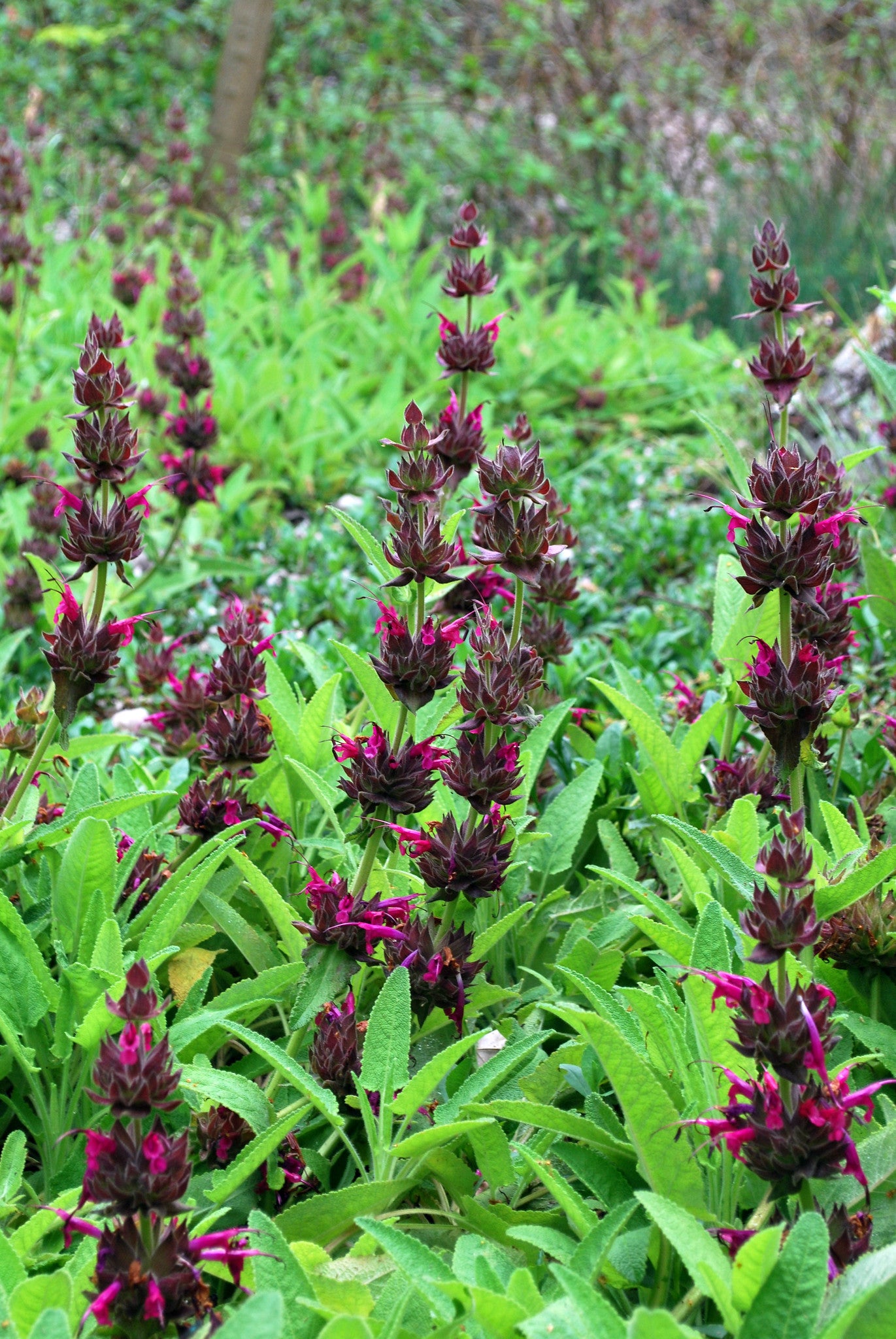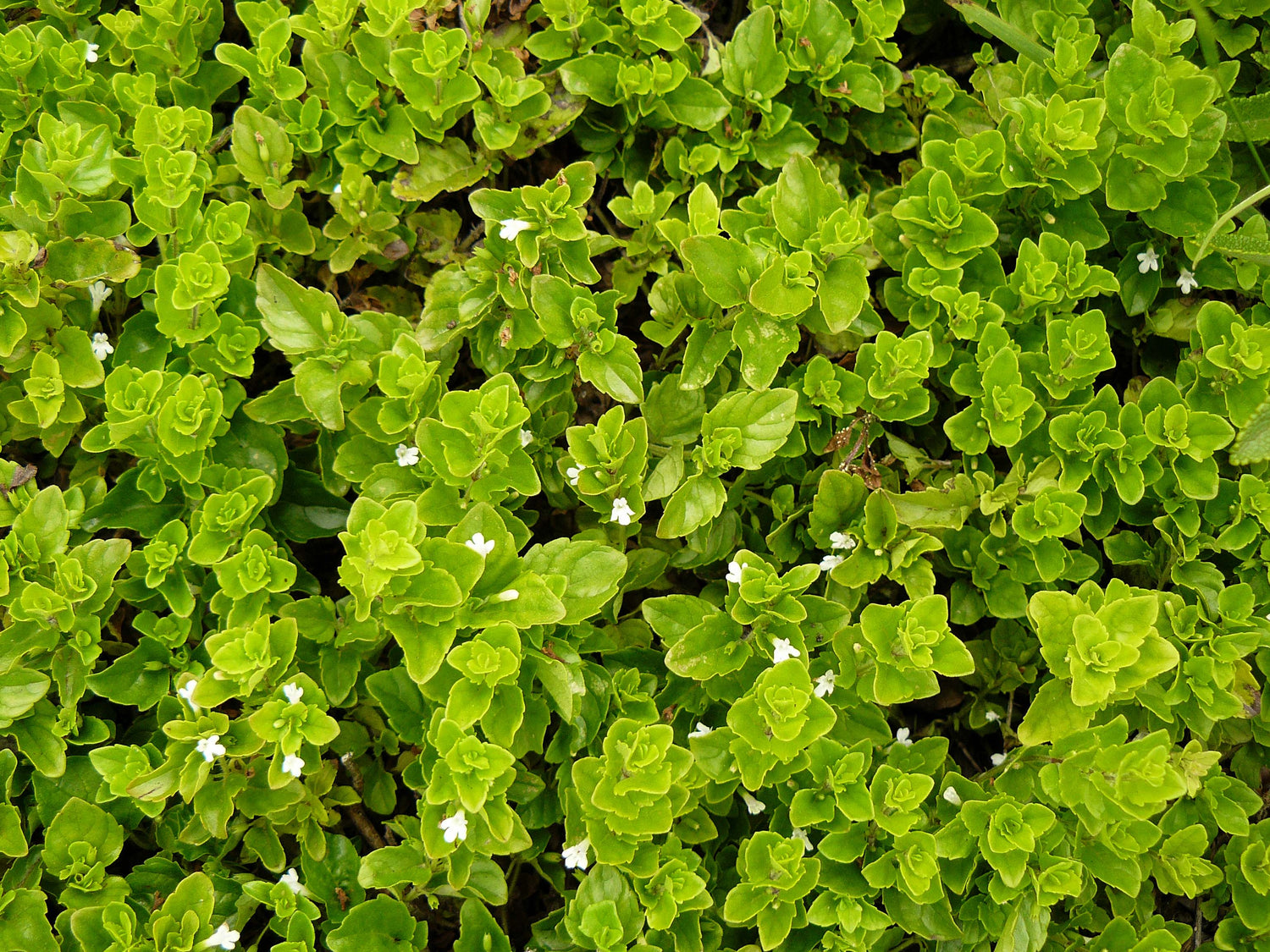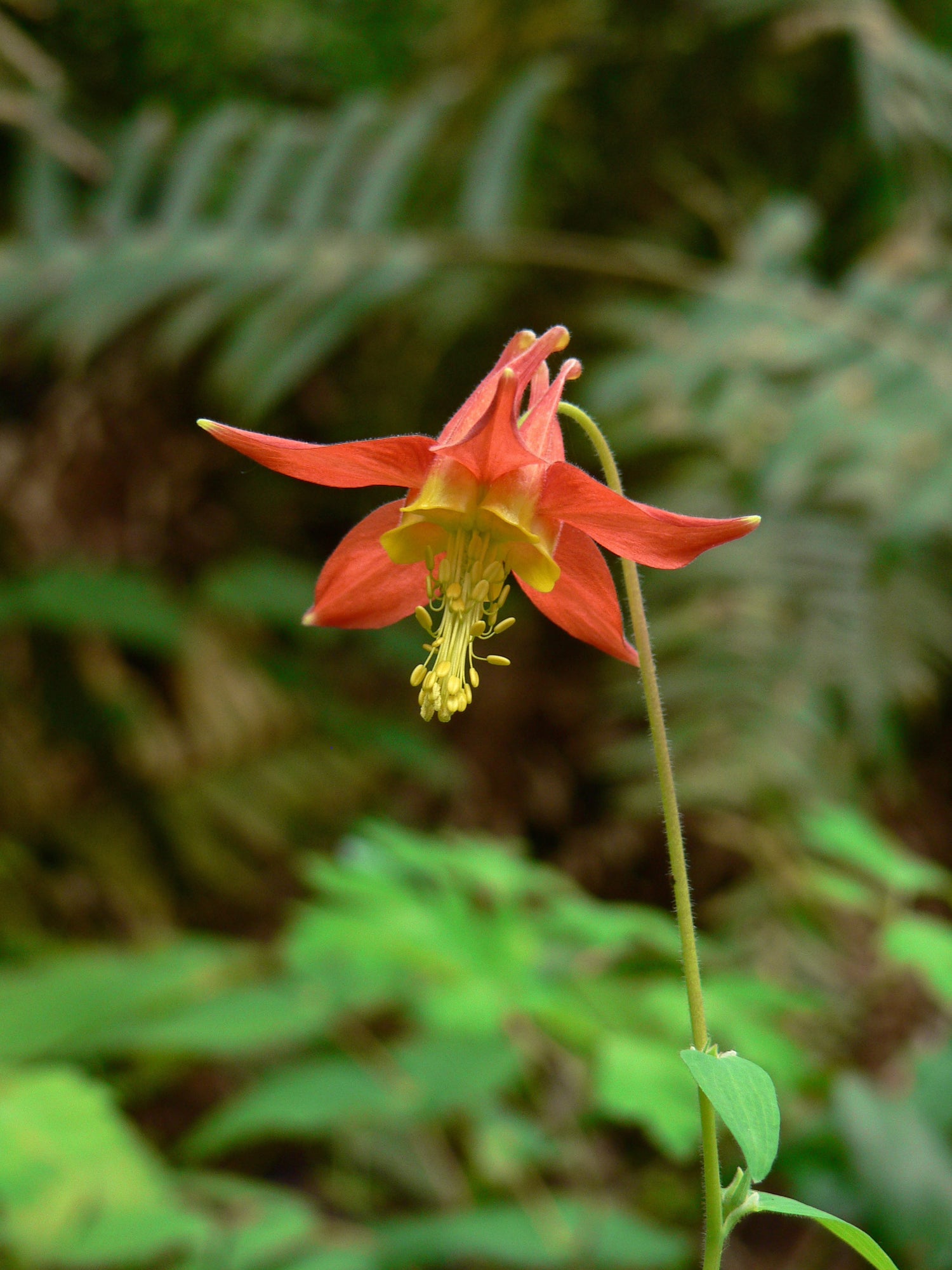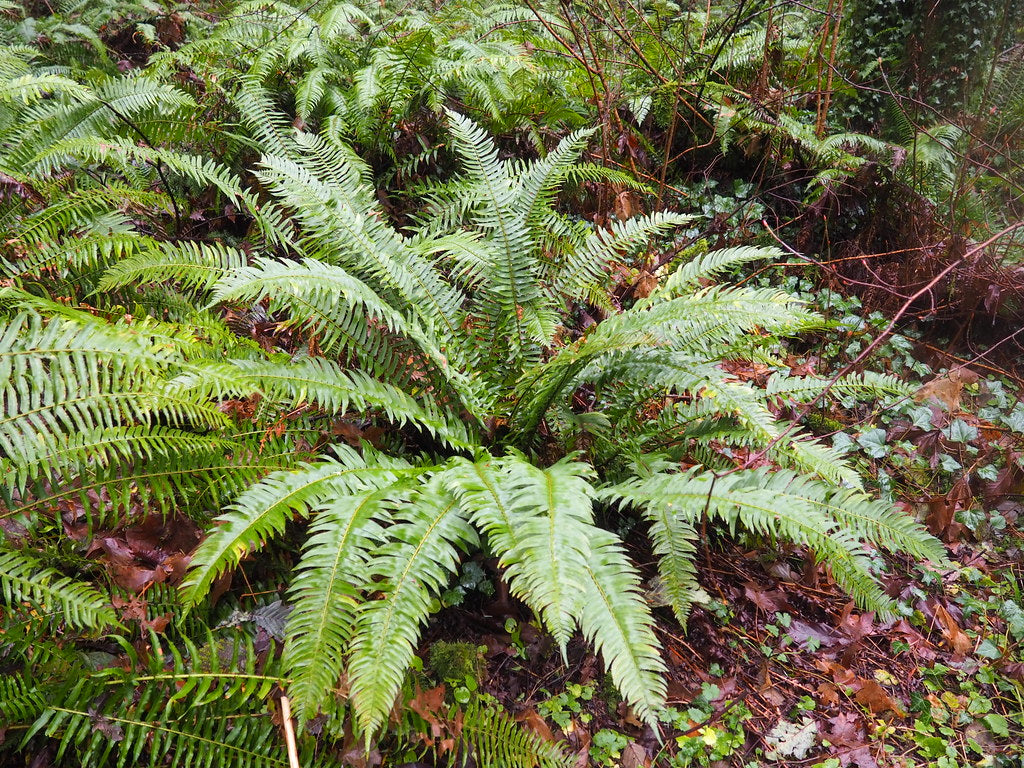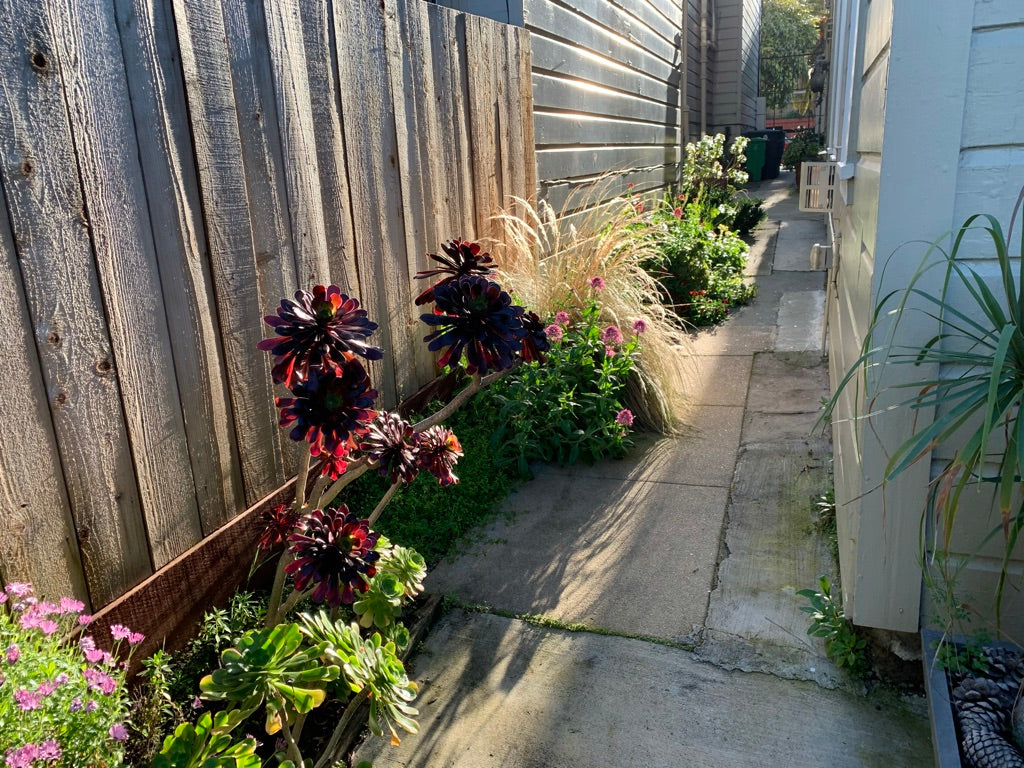
Urban Jungle: How to Bring California Native Beauty to Our Shared Spaces
Living in an urban space like San Francisco doesn't mean you have to give up your dreams of a gorgeous garden. Sure, you might not have rolling hills of wildflowers in your backyard, but who needs acres when you can create your own fabulous secret garden in the most surprising urban spaces? From tiny balconies to sidewalk strips, our native plants are ready to prove they're the ultimate city survivors.

Think of California natives as the scrappy underdogs of the plant world – they've spent millennia adapting to our challenging Mediterranean climate, so a little urban chaos is nothing they can't handle. Plus, they're basically the cool kids of the plant world right now, offering year-round beauty while supporting local wildlife and conserving water. Win-win-win!
Container Gardening: Big Impact in Small Spaces
-
Living in an apartment doesn't mean you're outta luck. Container gardening with California natives can transform even the tiniest balcony, exterior staircase or sunny spot next to the recycling bins into a miniature ecosystem that would make John Muir proud.
-
Size Matters (But Not How You Think):
The beauty of many California natives is that they're naturally compact or can be kept small with light pruning. A single large container can house a stunning combination that looks way more expensive and sophisticated than it actually was.
-
Container Pro Tips
Make sure your pots have drainage holes (seriously, this is non-negotiable), use a high-quality potting mix rather than garden soil, and group containers together to create microclimates that help retain moisture. Your plants will appreciate having buddies, and you'll appreciate how much more intentional your space looks.
-
Watering Wisdom for Containers
Pots dry out faster than ground soil, especially in windy urban environments. Check soil moisture regularly with the finger test: Stick your finger about 2 inches into the soil. If it's bone dry, it's time to water. But don't panic-water. Most natives prefer a thorough drink followed by a dry period, even in containers. If remembering to water your plants is an aspirational habit at this point in your gardening journey, California natives' natural desire for periods of dryness can be a real plus!
Container Superstars to Try:
Sidewalk Gardens: Bringing Nature to the Streets
That little strip of dirt around the street tree in front of your building? That's prime real estate just waiting for the right plants. Sidewalk gardens can transform entire blocks from concrete jungle to urban oasis.
-
Choose Your Champions Wisely
Sidewalk conditions are tough – compacted soil, dog traffic, road schmutz, reflected heat from pavement, and the occasional drunk person who thinks your garden looks like a good place to sit. You need plants that can handle it all.
-
Design for Success
Plant densely to discourage foot traffic, choose plants that stay under 18 inches tall so they don't block sightlines, and create clear pathways if your strip is wide enough. Add a small sign identifying your plants – people are less likely to damage something they understand is intentional.
-
Maintenance Reality Check
Sidewalk gardens need more attention than backyard plantings, especially the first year. You'll be watering more frequently, pulling more weeds, and occasionally replanting where plants don't make it. But the payoff – transforming your daily walk and bringing nature to your neighbors – is incredible.

Talking to Your Landlord
Renters aren't out of hope. Despite popular opinion, at the end of the day, landlords are people too. If your building has an unused or under-used space, have a thoughtful conversation with your landlord about your interest in gardening and improving the property.
California natives make a great case for rental/income properties: They draw in local pollinators and improve property values; they create beautiful garden spaces that make the property more attractive in a competitive rental market. Once established, they thrive with little to no additional water.
Every landlord is different, but if you demonstrate that you're wanting to help care for and even improve their property, you're likely to have a positive outcome. Heck - you might even come to *LIKE* your landlord - and vice versa!

